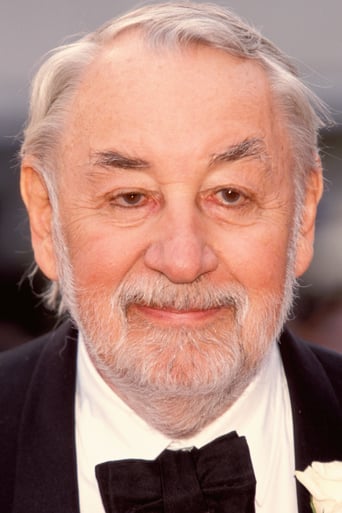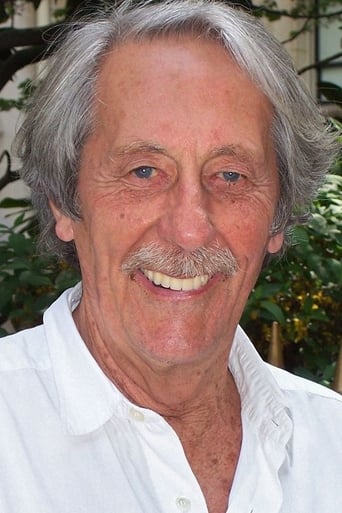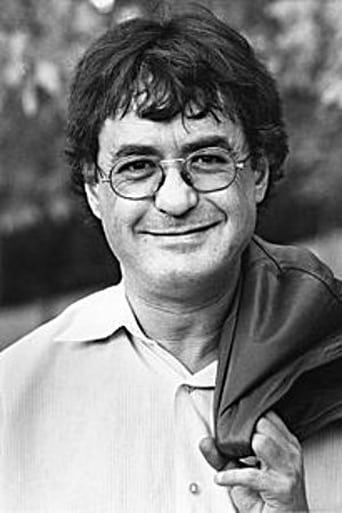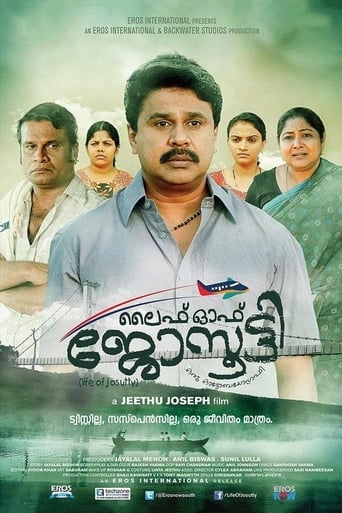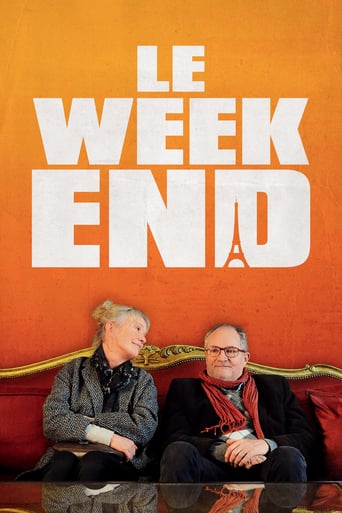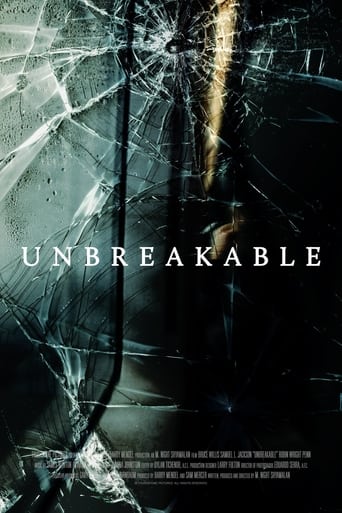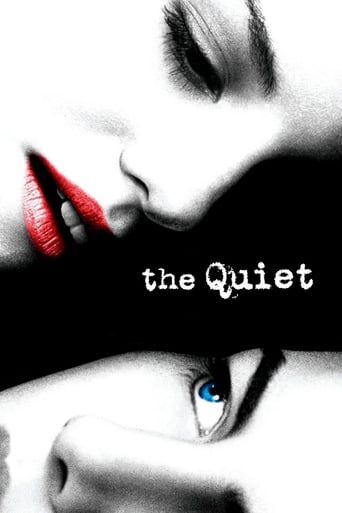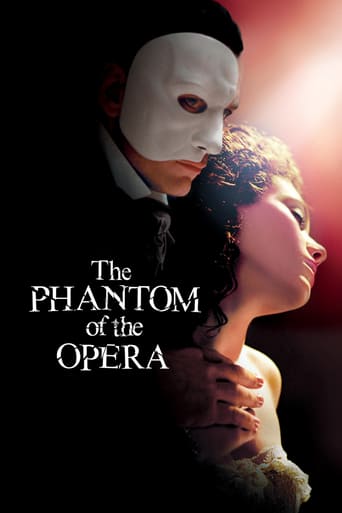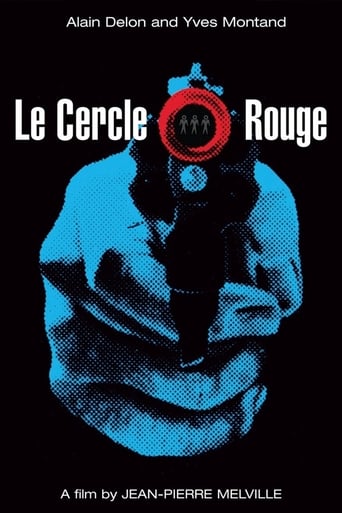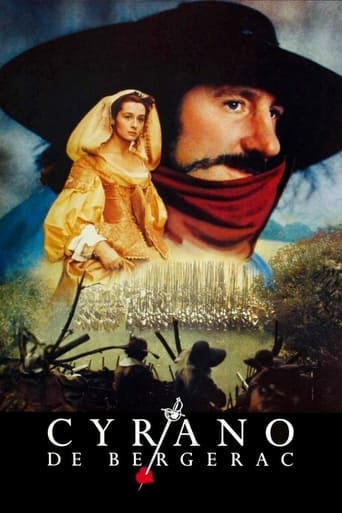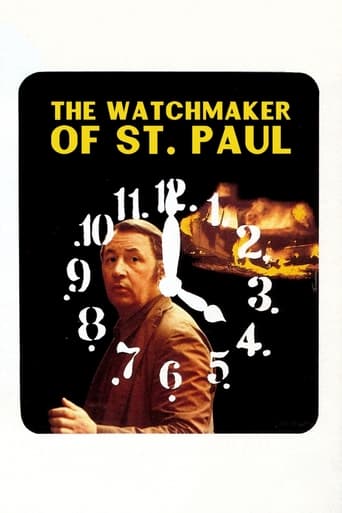
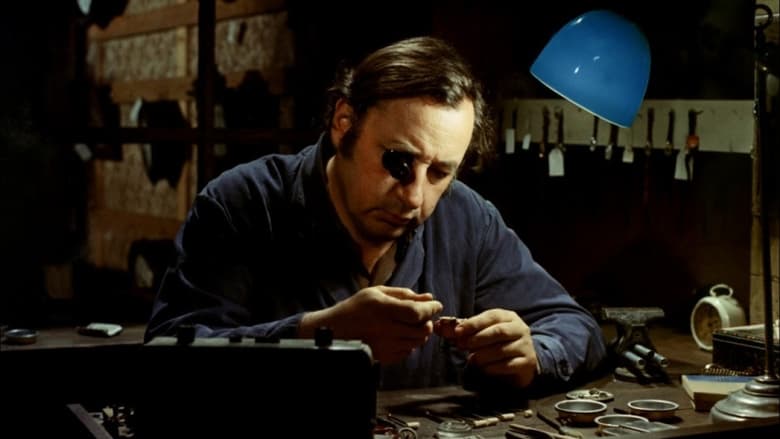
The Watchmaker of St. Paul (1974)
Lyons, France. Michel Descombes is a watchmaker who lives alone with his teenage son Bernard. When the police visit and informs him that Bernard killed a man and is on the run with a girl, Michel realizes that he knew far less about his son than he thought .
Watch Trailer
Cast


Similar titles
Reviews
So much average
Better Late Then Never
Excellent and certainly provocative... If nothing else, the film is a real conversation starter.
The film never slows down or bores, plunging from one harrowing sequence to the next.
The Clockmaker is a technically well-crafted precision endeavor in direction, writing, and acting. Director Bertrand Tavernier fashions a subtle, conservative character study asserted into the framework of a crime story, a study of an aging, middle-class clockmaker with a downcast disposition, played, or rather inhabited, by Philippe Noiret. This commonplace man is stunned out of his sluggishness when he finds out that his only son has been arrested for murder.What is poignant about this story, and what improves the usually dormant drama of a crime film, is that Noiret lives quietly, alone with his son, who is almost grown up. In other words, his son is his whole tranquil life. Yet, when a detective played by mulishly tenacious Jean Rochefort asks him for help with the case, Noiret grasps how little he knows about his son, and struggles with his feeling that he is unable to blame him.The film opens on Noiret having a night out, when his friends crack wise on the elections, the leftists, a protest rally, and the death penalty. He has fun this night. The next day two policemen come to his shop and rummage around his adjoining apartment. They particularly search his son's room before taking him to the police station where Rochefort tells him his son is wanted for murder of a security guard at the place where his girlfriend was fired, and has not been apprehended. There was even an eyewitness.Tavernier puts Noiret's character through a motley crew of odd dramatic angles aside from just the press, who are of course just interested in ratings, but also tangents to the main thread of the film like right-wing hooligans who vandalize his window and two girls who confirm how vile the murdered guard was to women. The skillful essence of the film is in the abstractness of it, giving us impressions of how much his relationship with his son means to him, and how bewildered he is that he has no idea what to do to help his son, such as in his transit back home from the precinct and can't stand without feeling ill and has to ask a passenger for his seat.The film is not hard-hitting enough to be great, but it serves its locale with an authentic atmosphere. The story itself, no matter how well it poignantly portrays a world in miniature, is nevertheless very slight. On the whole, The Clockmaker is a dramatic exercise. As many other French films from the 1960s and '70s were, it is less about telling the story and more about technique. It doesn't compare to the boisterousness and self-consciousness of most of the New Wave films of that time, and in fact is a particularly subtle film. It is essentially a film that says of film-making, "Yes, less is more."
The lonely, simple life of Michel Descombes (Philippe Noiret), a clockmaker who lost his wife years ago, changes when hears that his grown-up son murdered a man and is on the run with his girlfriend. Michel is shocked and questions his upbringing, while a nice police inspector (Jean Rochefort) shows much sympathy for him.Tavernier's shining debut and co-operation with New Wave veterans Aurenche and Bost brings a novel by Simenon on screen. It's a work of old-fashioned concision that the mechanic of the title would have been more than proud of. It is more a psychological study than a crime drama, because there is next to no outer plot. The happenings are taking place in the head of Michel, the father, masterly played by Philippe Noiret, who suddenly gets confronted with the serious actions of his son. He becomes aware of how little he knows about him, although they used to be together all the time. The focus is less on the murderer nor on the victim, but more on what the catastrophe means for the father of the committer, in a powerful work of authenticity.
I did not love this movie, but it was better than average--particularly because of its originality. However, to an American audience, it may be difficult to relate to the French justice system circa 1974. At first, the star of the movie, Philippe Noiret, is a rather apolitical man who seems quite ordinary. When the police inform them that his son has murdered someone, he initially does pretty much what the police ask. When the investigating officer tries to get close to Philippe (sort of "buddy buddy"-like), he allows him. However, through the course of the film, Philippe begins to see the police as the enemy and he rebuffs these attempts by the police to be friendly. The problem for me is WHO is right? Were the police at this point of time quick to violate human rights or manipulate the families of the accused? I really didn't know if Philippe was having his eyes opened to the truth or if he just learned to identify with and excuse evil. This would NOT pose a problem to a French audience but for those not familiar with the French legal system it seemed confusing--was Philippe a good man or a good man going bad? As far as the acting and pacing is concerned, this is a good flick.
L'HORLOGER is faultless. Based on a Simenon novel, it is a measured take on crime, not from the usual point of view of the criminal or the detective, but the waiting father, who must come to terms with his own past and deceptions as a parent. In avoiding melodrama, the film follows a determinedly unsensational, grey, flat, mundane route. Tavernier rejected the flashiness of the nouvelle vague, in favour of older traditions of French cinema, with emphasis on character, and milieu, meaningful camera movements, and a literate, complex screenplay, while also linking cinematic tradition to his narrative of fathers and sons.His recreation of Lyons is novel after a decade of Paris overkill, and you can feel the post-1968 political tension, the alarming shift to the right, and the straying of decent men into violence. Phillipe Noiret, one of Europe's greatest actors, is quietly astounding. Everything about the film is as good as it should be. So why, if I may say so under IMDb guidelines, isn't it very interesting?


